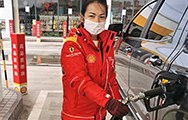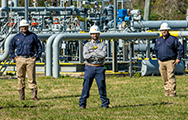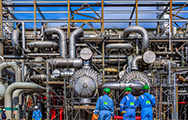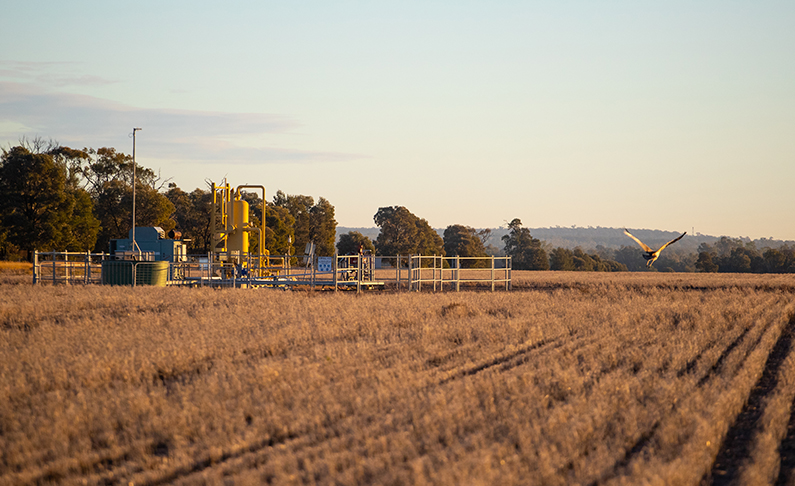Managing waste
We are working to keep waste from our operations to a minimum and run our operations and supply chains so they can contribute to a circular economy, designing materials and products that can be more easily reused and recycled.
For example, Shell has an ambition to use 1 million tonnes of plastic waste as raw material at our chemical plants by 2025. Using a technique called pyrolysis, we use plastic waste to produce chemicals, which can be used to make plastics again. We want to expand the use of this technology at our chemical plants in North America, Europe and Asia (see Plastics).
In 2020, we launched a waste management programme to reduce, recycle and reuse waste across our global operations, which combined generate around 2 million tonnes of waste a year. We are working with small- and medium-sized enterprises to develop new commercial opportunities.
Waste performance
Waste disposal
thousand tonnes
In 2020, we disposed of 2,020 thousand tonnes of hazardous and non-hazardous waste, which is broadly comparable with 2019. We also sent 465 thousand tonnes off-site for recycling or reuse. Three of our refineries sent 80% or more of their waste generated during the year for recycling or reuse in 2020.
Waste management
We are rolling out waste management software that is designed to help reduce the amount of waste we generate by automating tasks such as planning, tracking and reporting waste in our operations and for suppliers. We have so far installed the system at our businesses in Australia, Qatar, Trinidad and Tobago and Malaysia.
Our facilities in Australia have been running waste improvement projects aimed at reducing the amount of waste going to landfill and providing benefits to local communities. For example, the contractor that collects and recycles waste oil from our QGC facilities in rural Queensland now also collects waste oil from farms during these trips, allowing this oil to be recycled as well.
Visit www.shell.com/managing-waste for more on our approach to waste.




